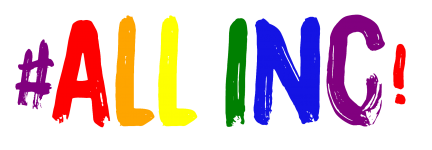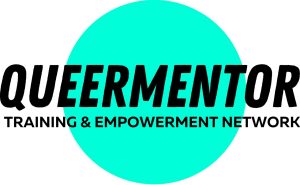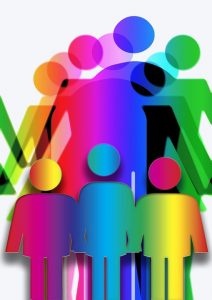Gender-related terminology and its importance
In the last decade, we have seen a growing number of people who are fighting against gender norms and coming out as members of the LGBTQ+ community. In this post we are referring specifically to those identifying under the Transgender umbrella-term. Because of this significant increase in visibility, and as we are becoming more and more familiar with hearing gender-related terminology, it is especially important to understand the meaning of these terms. For cisgender (non-transgender) people, it might be very difficult to understand these concepts as they represent ideas and feelings that they have never experienced.
Sex refers to the biological characteristics of a person that are assigned at birth, whilst gender is a social construct related to behaviours and attributes labelled as masculine and feminine.
On the other hand, the term gender identity refers to the internal perception of oneself. Transgender people are those whose gender identity does not match their sex assigned at birth.
On the other hand, the term gender identity refers to the internal perception of oneself, which could be different from one’s sex. Here the word transgender (or trans) comes in: transgender (or trans) people do not identify with their sex assigned at birth.
The use of the term ‘non-binary’ has become more and more common. When we talk about ‘binary’ we look at society in a dual way, subdivided only between males and females, men and women, boys and girls. However, non-binary people challenge this idea and show the world that ‘gender’ is a broader concept — that there are more shades to this black and white (or as society portrays it, pink and blue) painting. All these shades represent the world of non-binary people: in other words, everything that lies in between the opposite poles of male and female. This is why it is important to ask people with which pronouns (e.g. he/him, she/her, they/them) they want to be referred to.
One needs to be aware of the importance that the correct use of these terms has in the life of trans, non-binary and gender non-conforming people. Adopting the correct pronouns, validating the identities of others, understanding that not everyone is the same and that individual differences make us special and unique, is a good starting point to create an inclusive and accepting society.
This post contributed by AllInc!’s UK team of Anna, Andy and Deborah — thank you team!








One Comment
Comments are closed.